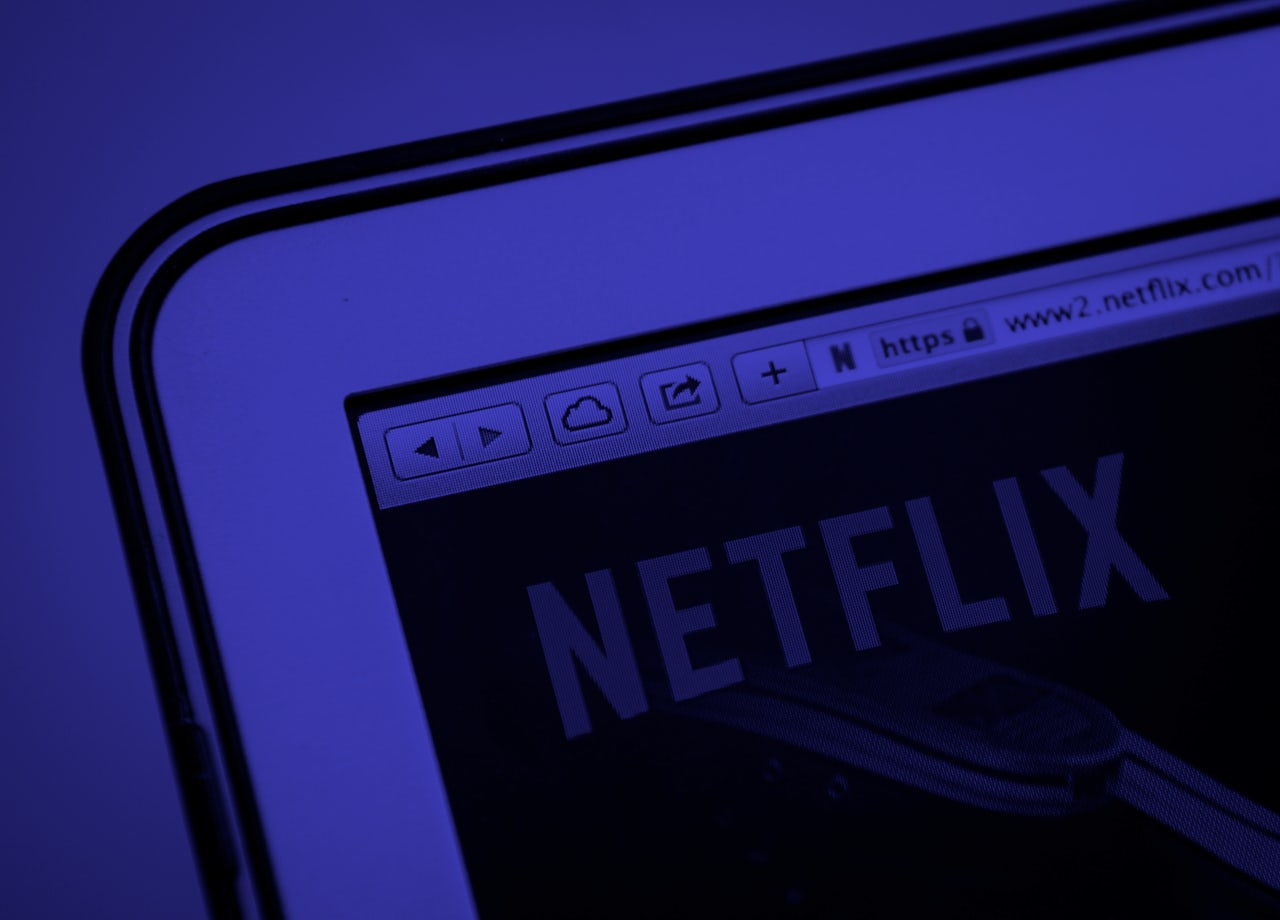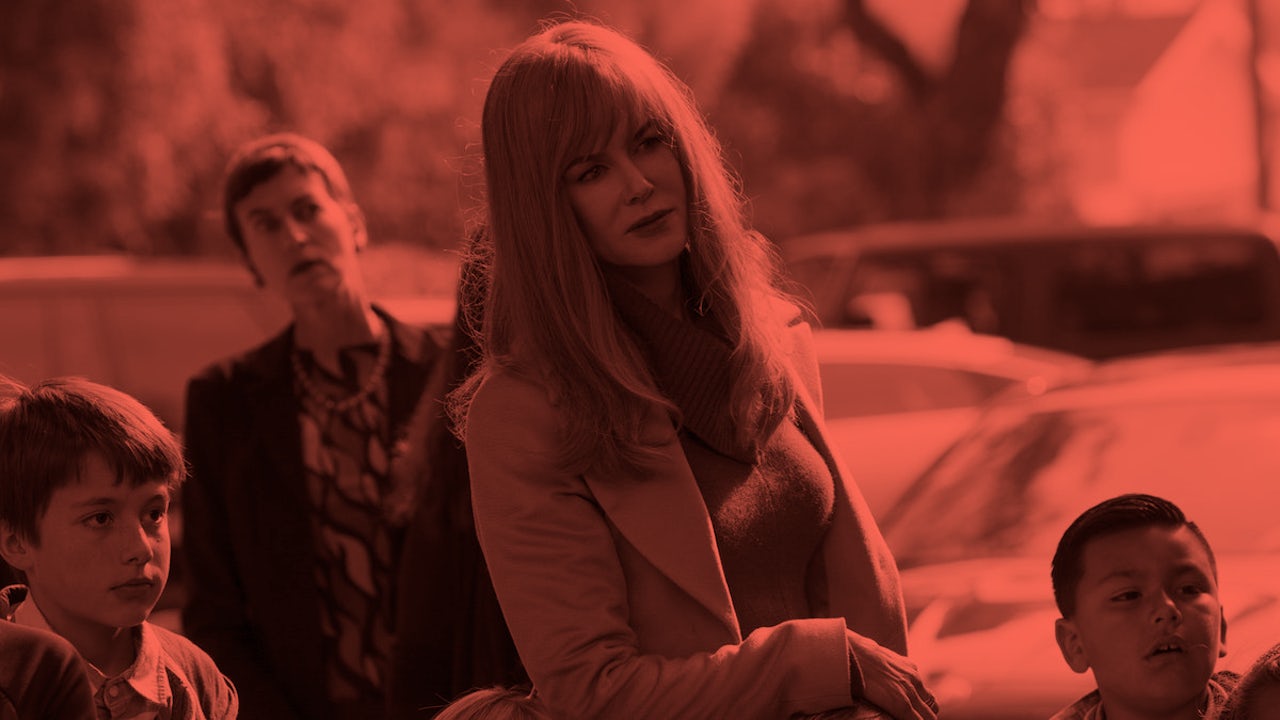Stars will be disappearing from Netflix over the next few weeks. Instead of the long-running rating format, users will see a thumbs-based rating structure: thumbs up or down, like YouTube and Pandora. The interface change was announced earlier this month by Netflix VP of Product Todd Yellin during a press briefing at Netflix's headquarters in Los Gatos, California. Just like media companies’ obsession with A/B testing (a method used to compare two versions of the same page or app and see which one fares better, based on user engagement and other metrics), Netflix, too, is “addicted” to the testing practice, according to Yellin. He also pointed out that users preferred the thumbs option an overwhelming 200 percent more than the current star rating.
Another forthcoming feature will match viewers with content based on a percentage likelihood that they’d want to see it. If a series or movie is tailored to a viewer's tastes, based on a profile of preferences gleaned in part from previous star ratings, it may get a match above 90 percent. Anything with a match below 50 percent, however, disappears.
In other words, Netflix is introducing the dating app equivalent of the personalized user experience. Algorithms on OkCupid and Tinder, with a few minor differences in the interface here and there, operate to bring users the most optimum match possible based on factors like location, how you and a potential match answered questions, etc. But it’s tricky because a high percentage between you and the hunk who name-dropped your favorite author doesn’t necessarily mean you’re destined to be lovers. If anything, a high percent between you and your match — be it a human or a film — simply means the algorithm has gathered enough data on you to roughly predict your taste. (In the case of dating apps, that data includes swiping habits, and for title platforms, it’s factors like which movie got a brutal one-star rating from you.)
The recommendation system embedded within Netflix is so unsound that the newly announced features hardly matter.
A match estimation is a good enough idea, but the recommendation system embedded within Netflix is so unsound that the newly announced features hardly matter. Take my example: I love horror and sociopolitical documentaries — often interchangeable because reality is grisly and grim like that. Whether it’s the existential terror of living a day away from the techno-dystopia narrated in Black Mirror’s anthology series or the suffocating dread in films like The Babadook, my Netflix landing page should look like a journal entry by H. P. Lovecraft. But I find myself staring at recommendations for Fuller House, Hannah Montana, and Last Man Standing, among other titles that, full offense, I would rather stare at lint than watch. Last Man Standing is especially unpleasant to find on the page because 1) I’ve never watched a show in a remotely similar vein and 2) no one with good sense should watch Tim Allen and his tedious Donald Trump revering and John Kasich respecting.
You would think the replacement of stars with thumbs could revolutionize how Netflix works to recommend content. After all, in its Help Center, Netflix says it considers users’ streaming history and previous ratings to offer similar content, along with the combined ratings of members who share similar tastes in titles. So, like any other product platform, it is essentially curating for you. Yellin said that “the implicit signal of your behavior is more important” to guide that curation and that is precisely what compelled Netflix to switch from gradient rating systems like stars to the more stark dichotomy of a thumbs up or down. But there’s no guarantee the “implicit signal of your behavior” will bring better recommendations. Realistically speaking, you’ll be sitting in front of a screen, like me, wondering why Netflix thinks I should watch Iron Fist.
There’s another, perhaps bigger, issue with this change. It’s something that permeates almost everything in our algorithm-heavy lives. If Netflix’s recommendation system ceases to suck come April, the new algorithmic measures may still fail to address the problems within the binary judgment pushed by thumbs up or down. What about cinematic experiences that challenge us? Binary judgment is unlikely to yield a fulfilling experience, whether we’re talking about films or human beings. Intensely curated experiences, whether you’re looking to explore movies or to meet people to date, remove one of the most critical aspects of a rich experience: risk, as in going out of your comfort zone. But I’m getting ahead of myself here. This is a philosophical quagmire that doesn’t even need to be considered right now because of how shitty Netflix’s recommendation algorithm is.
At the end of the day, algorithms reflect the design choices and learning mechanisms of the people — fallible humans like you and me — who create them. So, by virtue of human error, they will continue to disappoint. The redeemable bit in all of this? Instead of one star, I can just hit Tim Allen with a solid, satisfying thumbs down.

